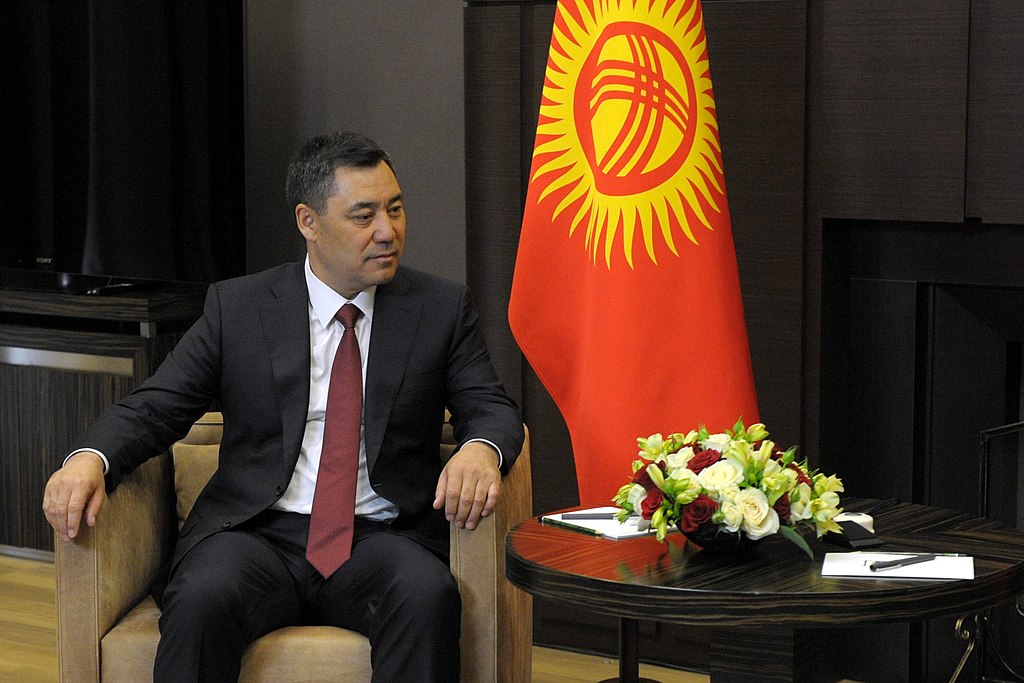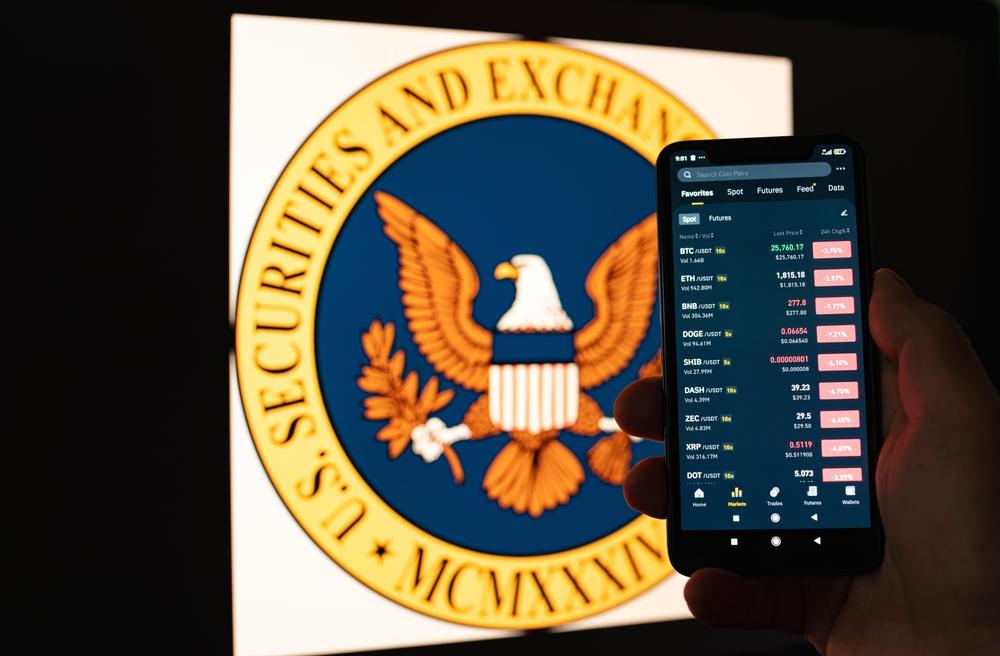As South Korea’s presidential election approaches, candidates are busy trying to gain voters’ support by highlighting their stance on a number of issues. One candidate is trying to woo crypto investors by pledging his support for crypto tax exemptions.
Presidential candidate Yoon Suk-yeol of South Korea’s conservative People Power Party has promised to ease the tax burden on crypto-related profits, according to Bitcoin.com. The candidate said that crypto investors should be treated the same way as those who invest in stocks.
The candidate said that he plans to raise the threshold for taxes on crypto earnings to 50 million won (around $42,000). Under the proposed taxation scheme, crypto gains of over 2.5 million won (around US$2,100) will be subject to a 20 percent tax.
Such a threshold would be comparable to the threshold for stock investments. Stock investors will only pay capital gains tax upon reaching 50 million won. Yoon Suk-yeol promised that crypto investors could expect more tax exemptions if he is elected.
The opposition candidate also promised that he will introduce a digital asset law that will increase investor protection. In addition, the legislation would enable the government to seized profits obtained by market manipulation.
Meanwhile, the ruling party has targeted young, crypto-owning voters as well. In a recent announcement, the Democratic Party of Korea said that it aims to raise funds through crypto donations as well as non-fungible tokens (NFTs).
In December 2021, legislators voted to delay the crypto tax implementation, which was originally set to take into effect this year and moved it to 2023. Analysts said that the move is likely done to appeal to voters in their 20s and 30s, who are more likely to own crypto and oppose the proposed tax.
Rep. Yoo Gyeong-joon of the main opposition People Power Party pushed for the delay and pointed out that will help identify taxable income from crypto trading done via overseas exchanges. “No cross-border cooperation measures are in place on taxation on crypto trading gains,” he said. “It simply is unfair taxation for users of local exchanges as opposed to those who trade overseas.”


























Comment 17